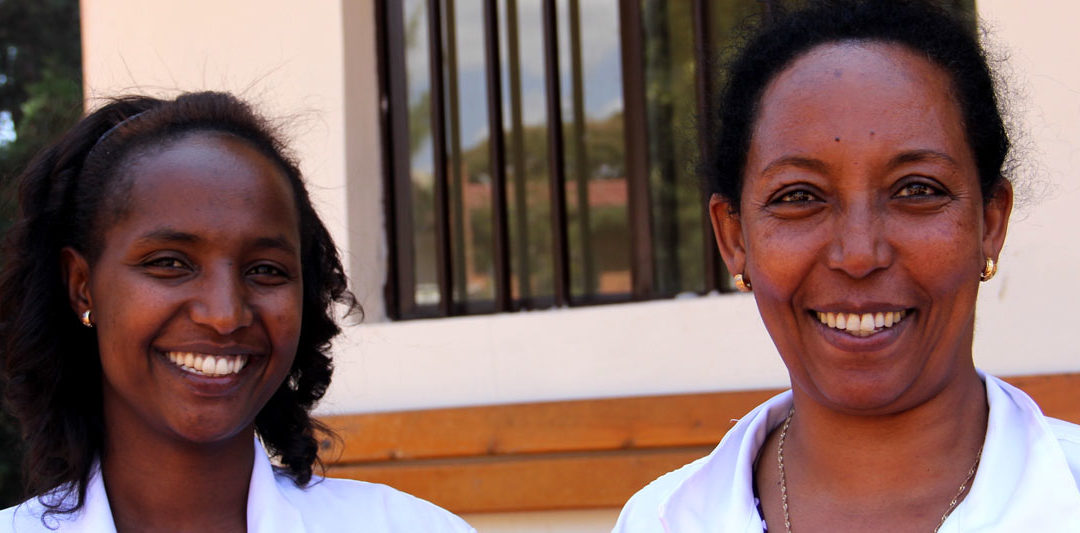
Jan 13, 2017 | News
Despite progress, unsafe abortion persists After liberalizing Ethiopia’s abortion law in 2005, the government implemented programs designed to train health-care providers, to equip facilities and expand the services they offer, and to integrate abortion care into broader reproductive health services. These efforts have resulted in significant improvements in access to abortion and postabortion care in […]
Dec 15, 2016 | News
The Africa Regional Conference on Abortion: From Research to Policy conference, held Nov. 29 – Dec. 2 in Addis Ababa, Ethiopia, brought together researchers, policymakers, advocates, health-care providers, youth advocates, journalists, and donors—all focused on reducing the detrimental impact of unsafe abortion on African women, especially young women and girls. The conference corresponded with two […]
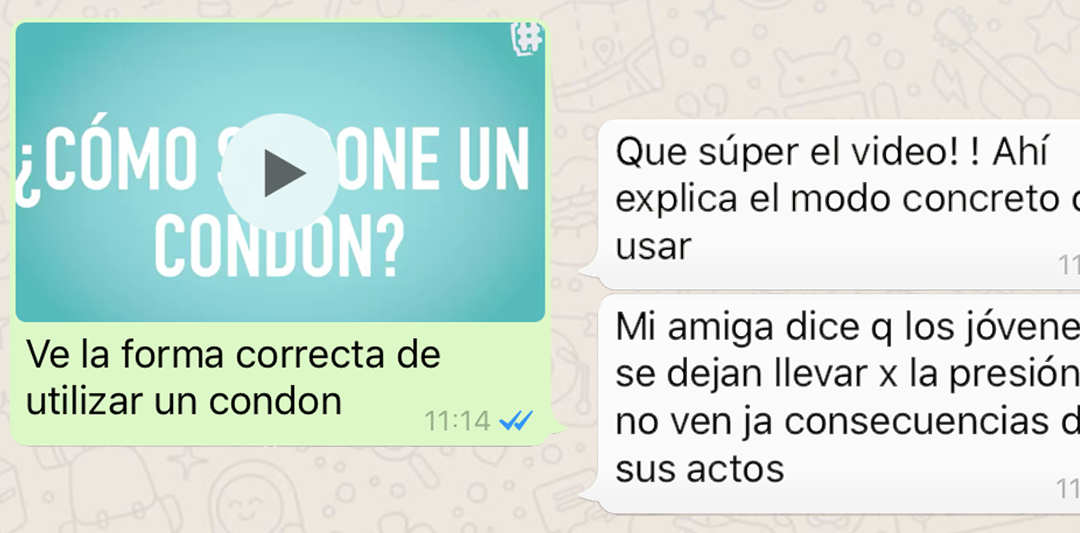
Dec 12, 2016 | News
The social networking mobile application WhatsApp—which allows users to send messages, create groups of contacts, and share videos and images for free via wireless Internet from their smart phones—is increasingly popular around the world. And in Bolivia, Ipas is finding success using WhatsApp to connect young people with information on sexual and reproductive health and […]
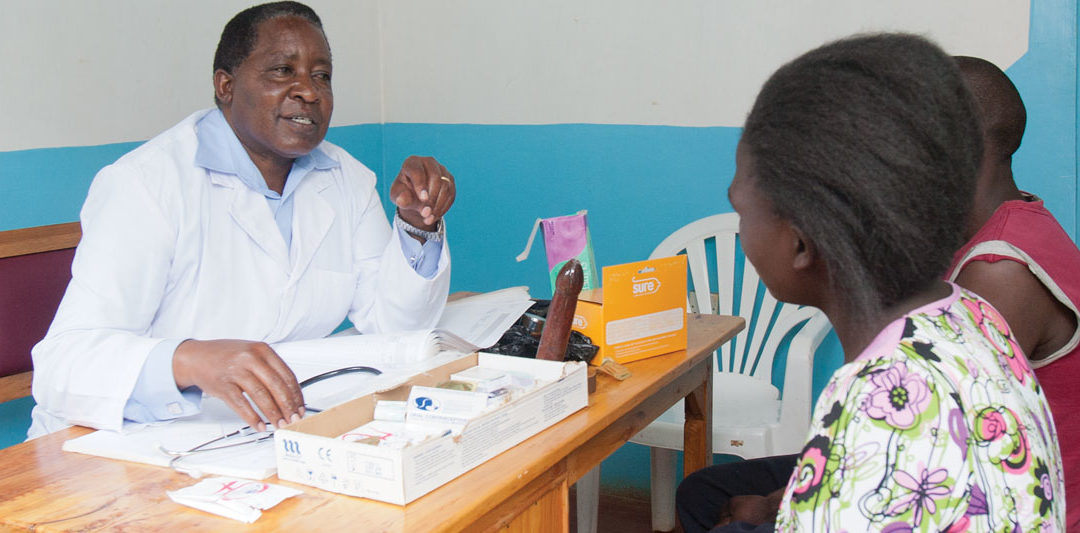
Nov 15, 2016 | News
Communities with a high level of abortion-related stigma may also have a higher incidence of unsafe abortion, according to two recent studies in Kenya. One, published in the Annals of Tropical Medicine and Public Health, surveyed 759 women receiving abortion services in private and public health facilities in two counties—one located in a region with […]
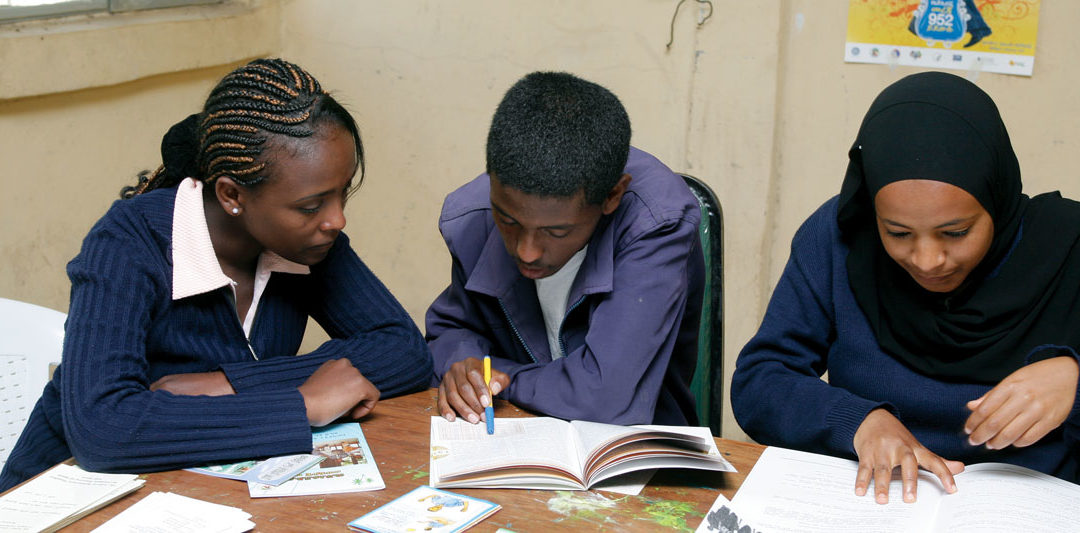
Nov 7, 2016 | News
The Medical Research Council of the United Kingdom has announced it will fund a three-year research partnership to explore ways to improve adolescent access to contraception and safe abortion in Malawi, Zambia and Ethiopia. The partnership brings together Ipas, the London School of Economics, the African Institute for Development Policy, the University of Zambia and […]
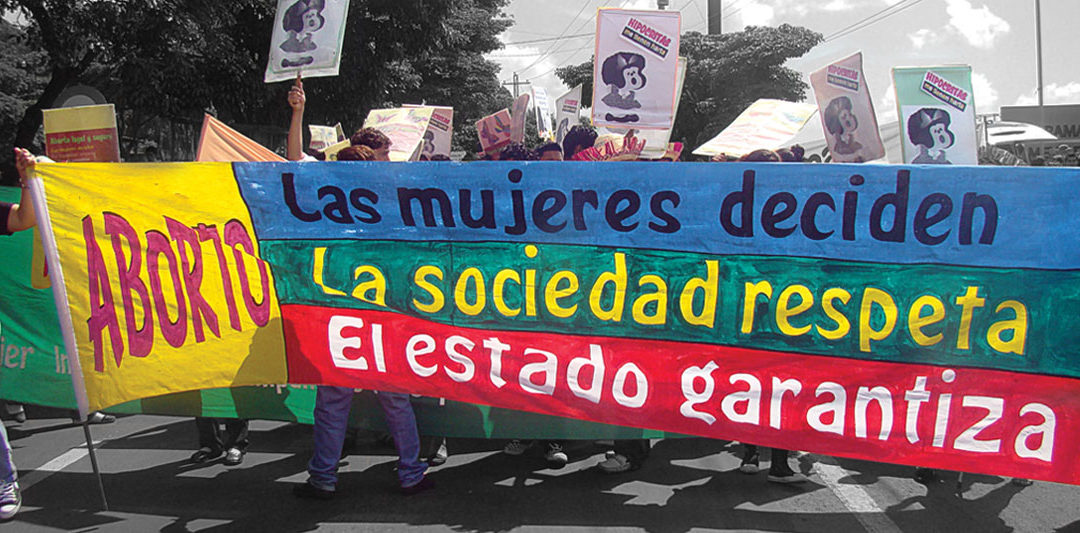
Oct 31, 2016 | News
On Oct. 26, Ipas Central America and its partners in the region marked 10 years since Nicaragua’s government enacted a total abortion ban, endangering the lives of women and girls and forcing those with unwanted pregnancies to carry them to term against their will or seek clandestine and often unsafe abortions. In Nicaragua’s capital, Managua, […]
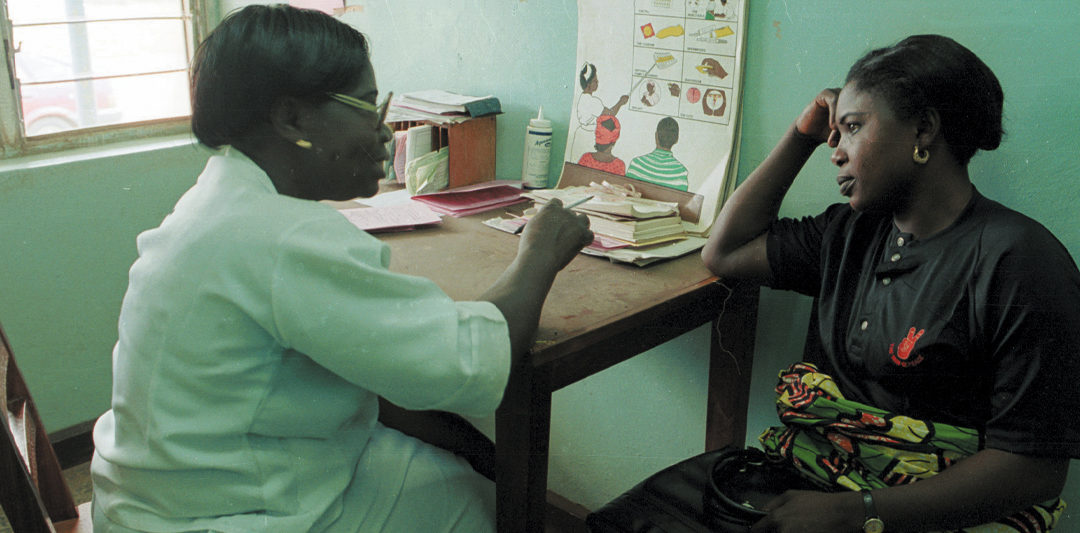
Sep 23, 2016 | News
New study points to ‘tremendous opportunity’ to improve uptake Many women seeking abortion care leave health facilities without getting contraceptive counseling or a method choice, increasing their risk of future unintended pregnancy. A new, large-scale study by Ipas finds that offering women contraceptive counseling and a choice of methods at the time of abortion can […]
Aug 8, 2016 | News
On August 8th, the parliament of Nepal voted to approve its FY17 budget, which for the first time includes funding for safe abortion care. The funding ensures implementation of a key provision of a 2009 court decision guaranteeing access to services for all women of Nepal. “This budget allocation represents a significant step forward in […]
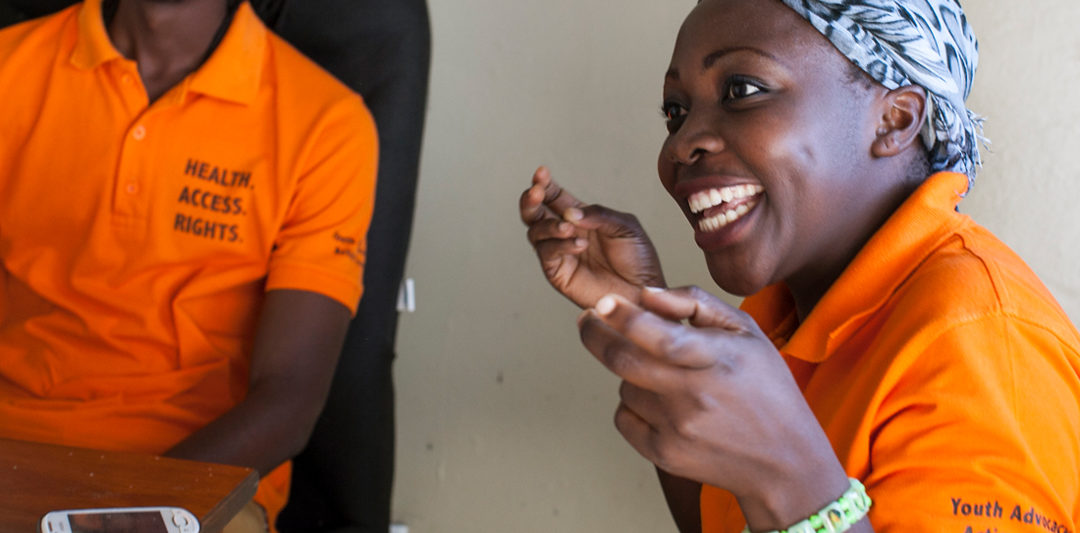
Aug 3, 2016 | News
Where everyone finds safe, respectful health care What do you call a private space staffed by dedicated young volunteers where youth can come for counseling and referrals for sexual and reproductive health services, including safe abortion? A “youth-friendly corner,” naturally. And within clinics across Zambia’s capital, Lusaka, these specially tailored spaces are making a real […]
Aug 3, 2016 | News
In Zambia, young people work to end unsafe abortion Nana Zulu is Ipas Zambia’s youth advisor and a longtime advocate for sexual and reproductive rights. At age 26, Nana was hired by Ipas to develop our Zambia youth program. Most of the time we look at young people as recipients of information and services, but […]







